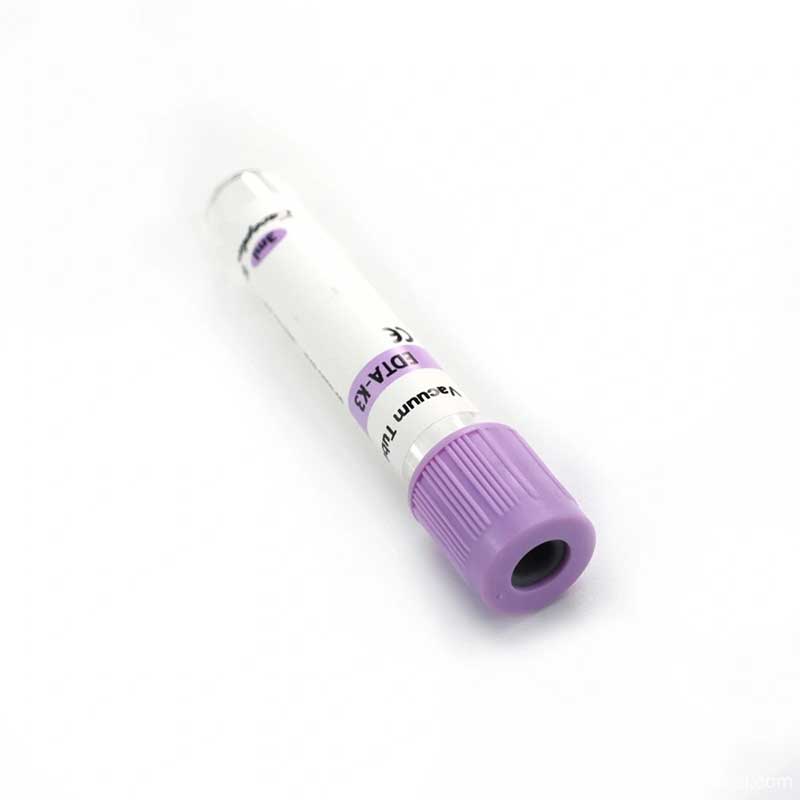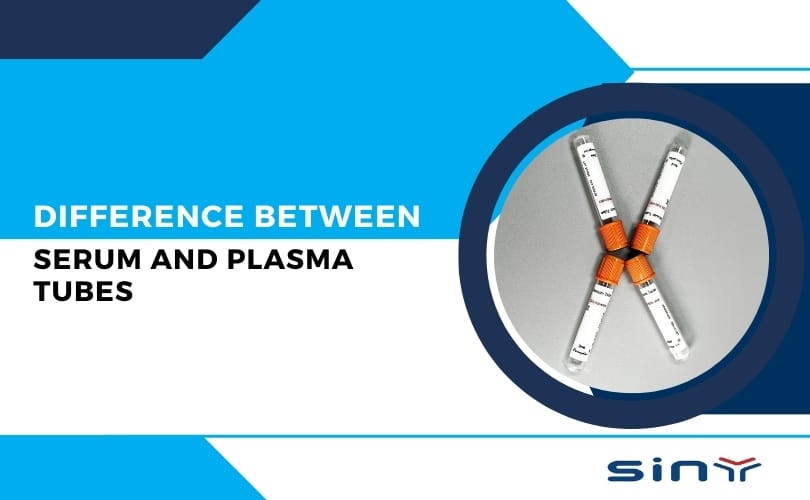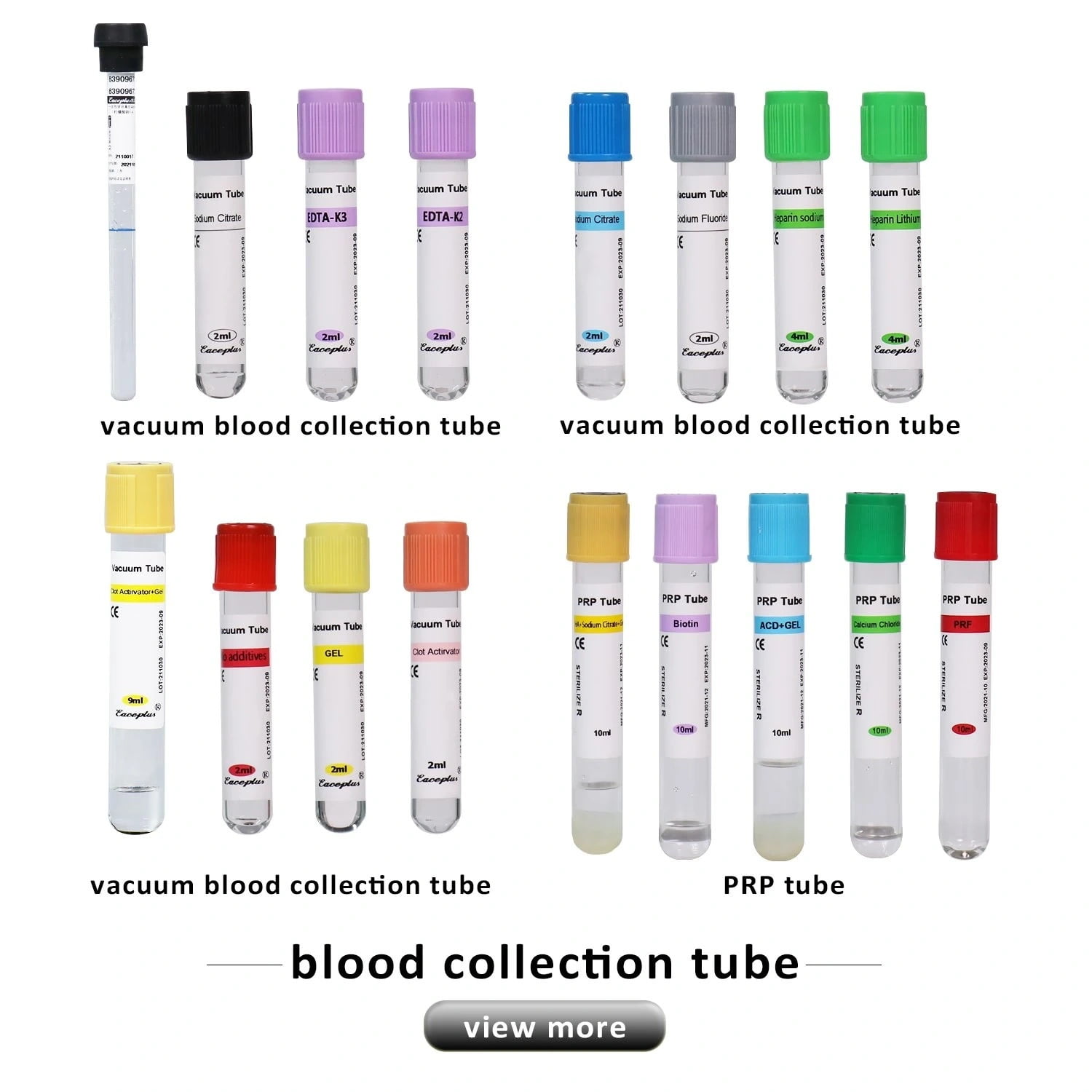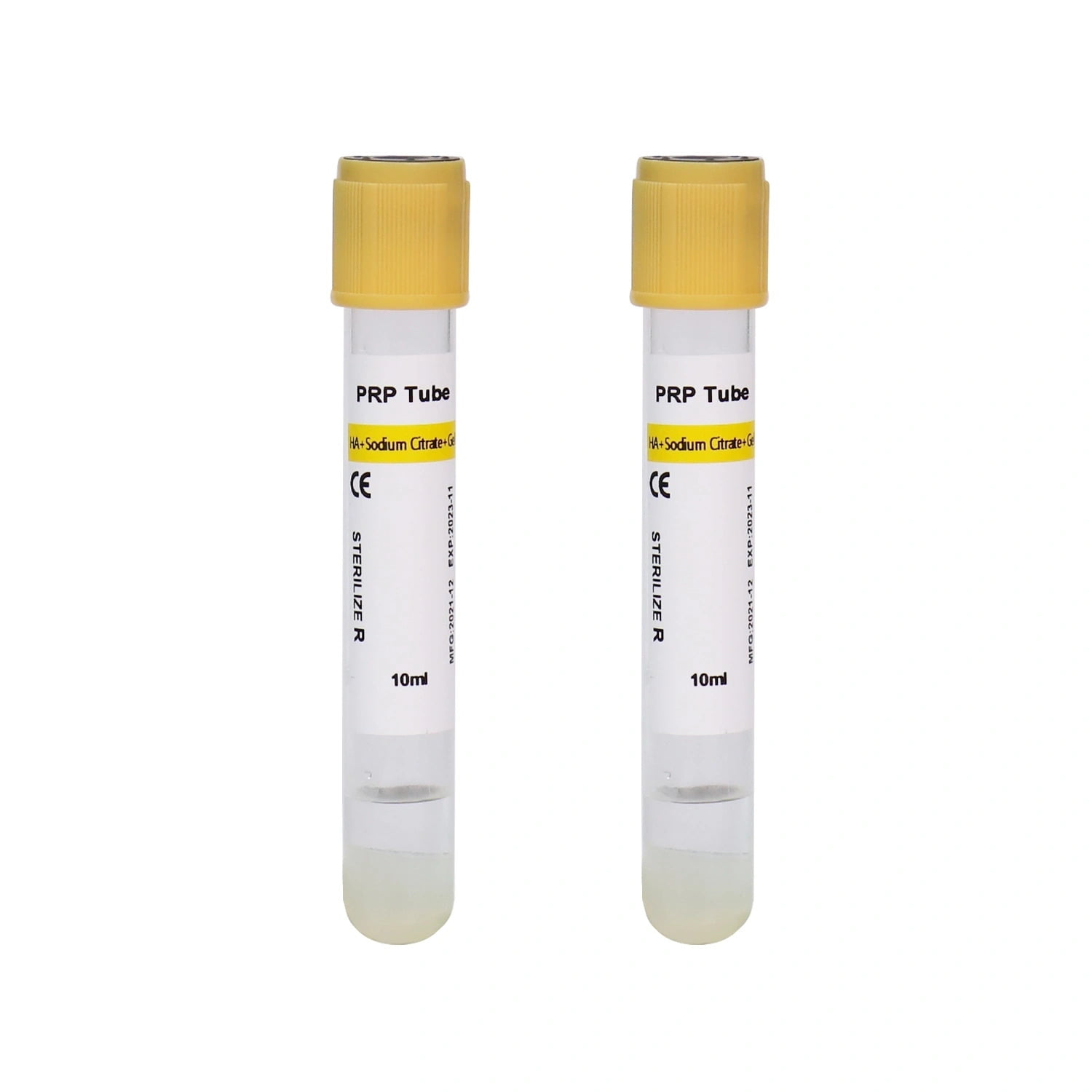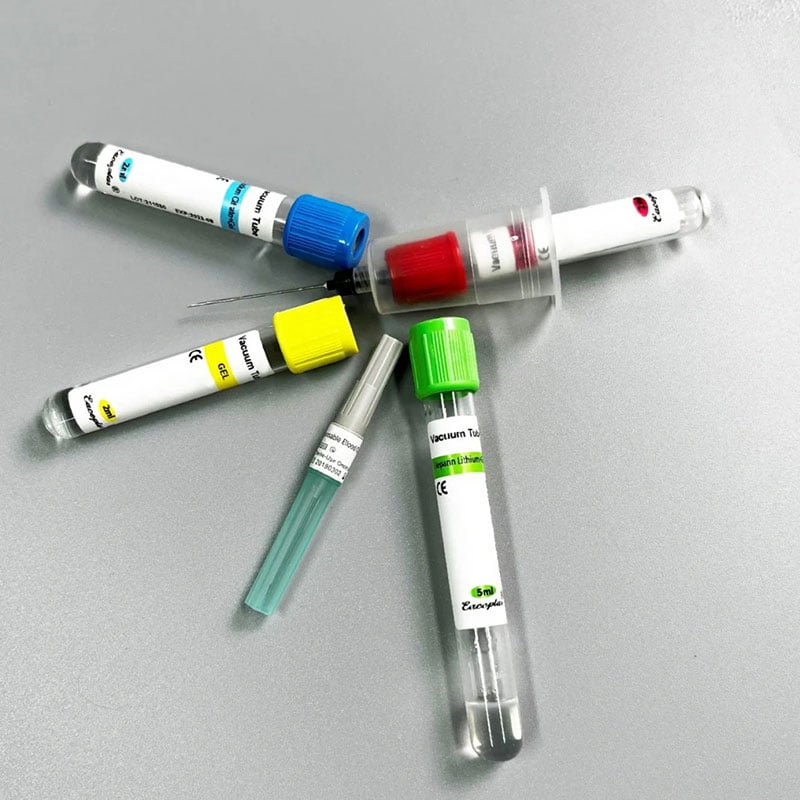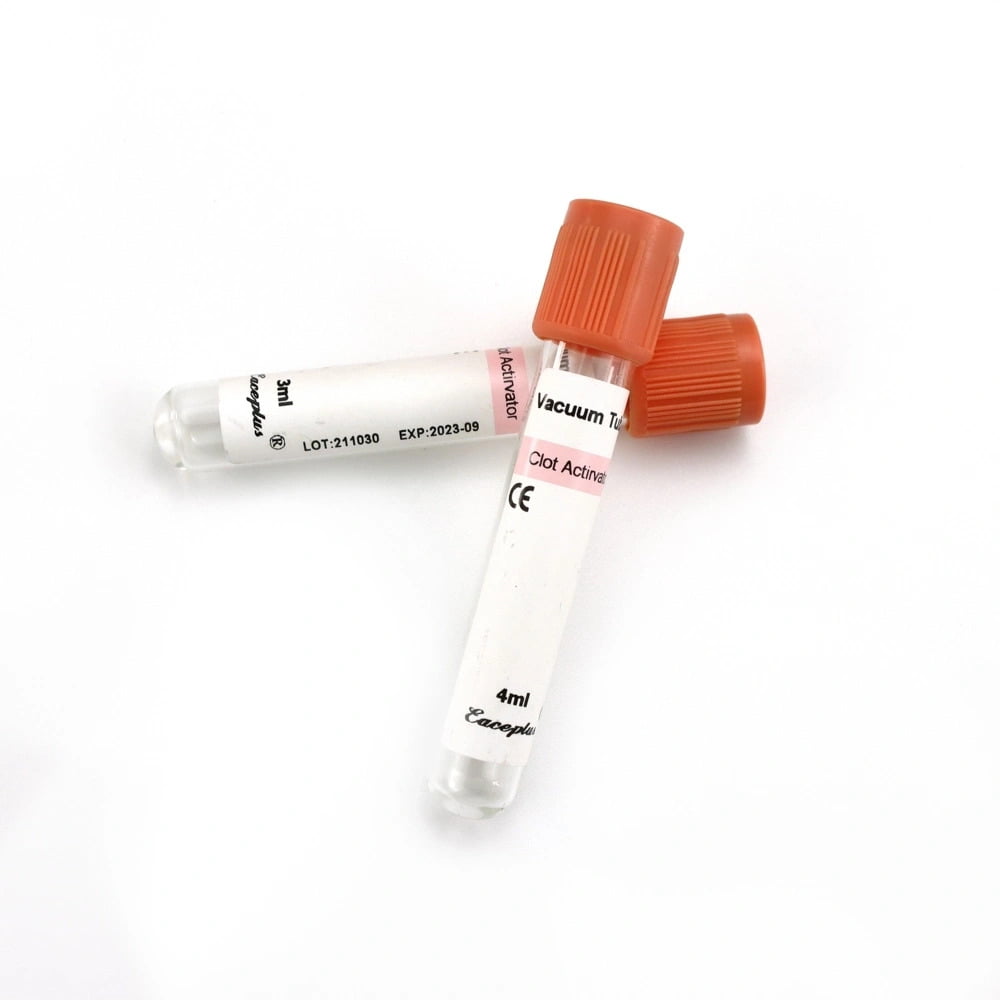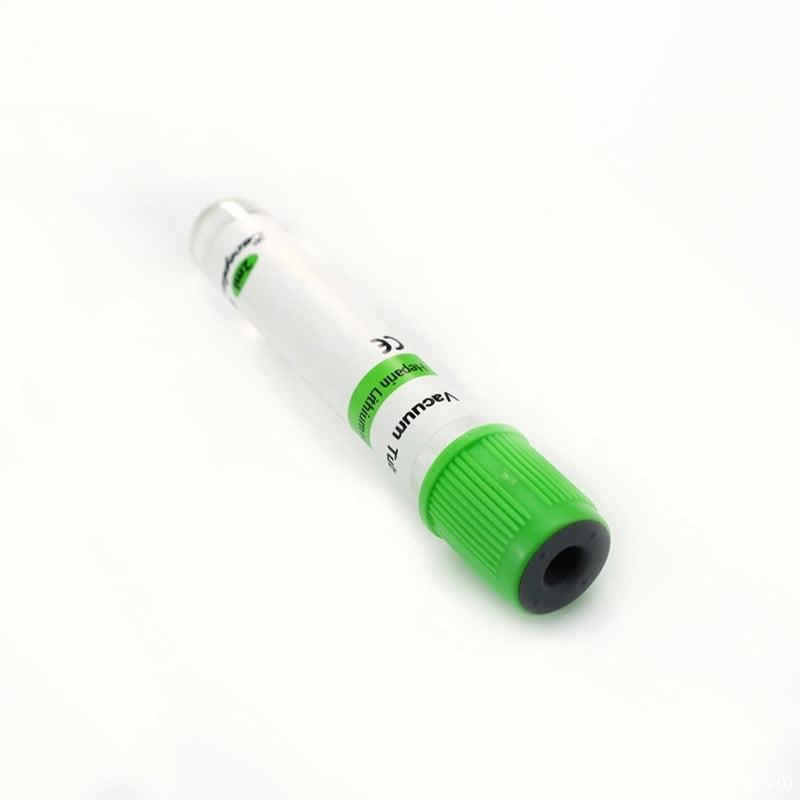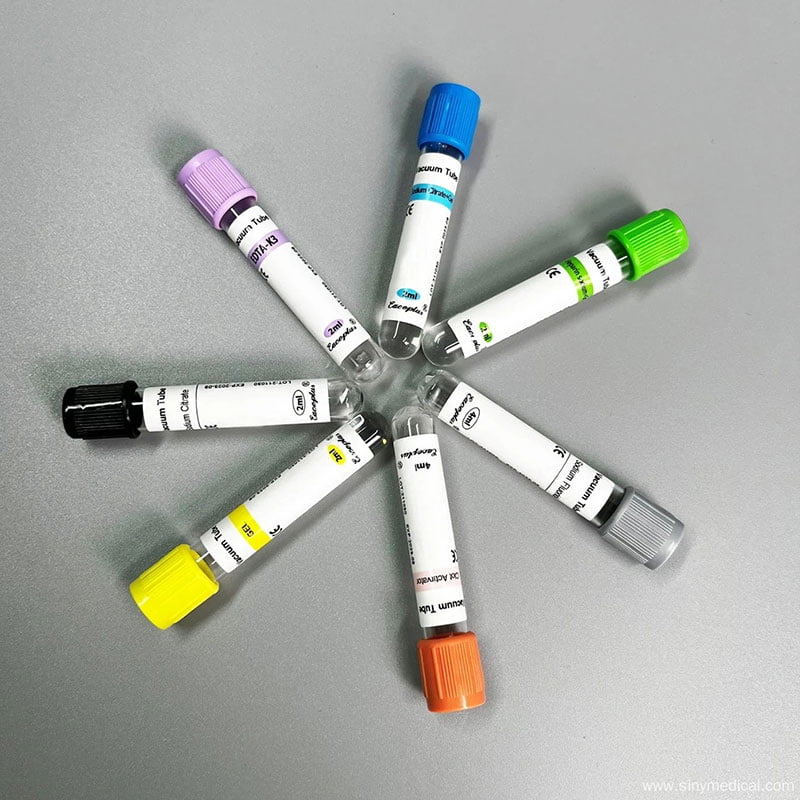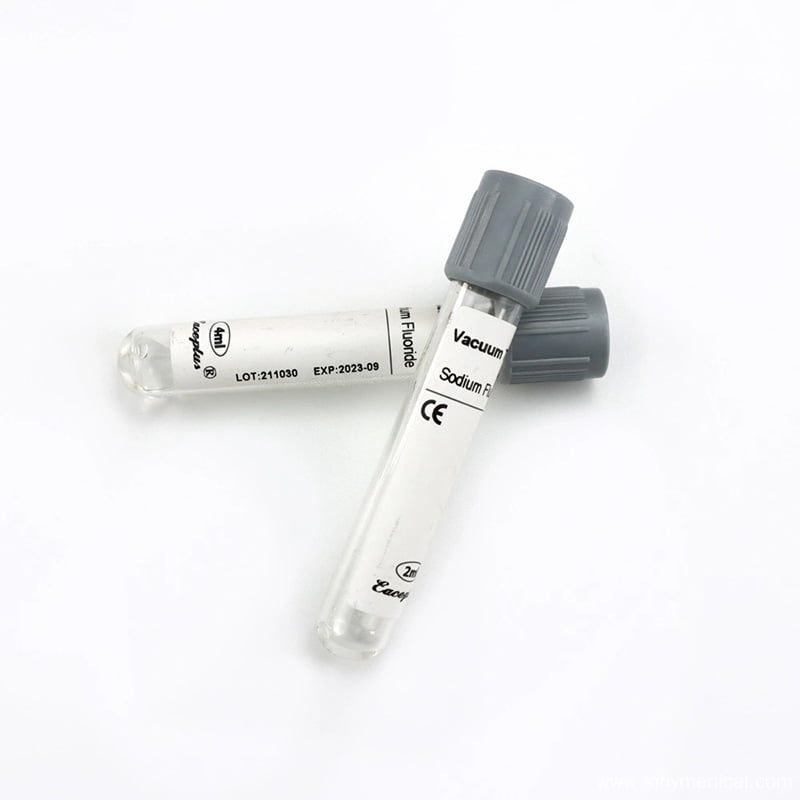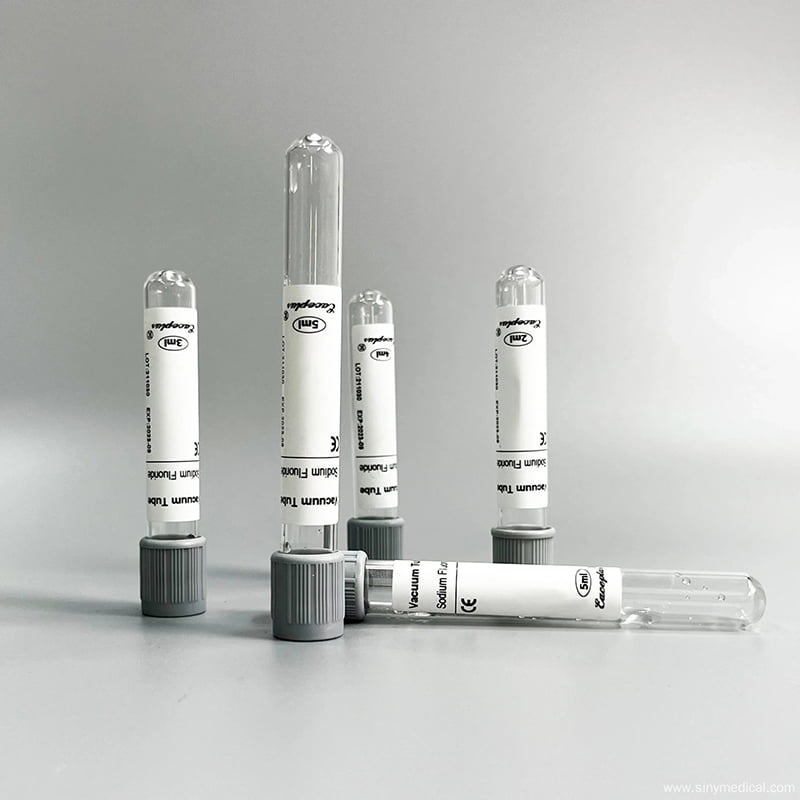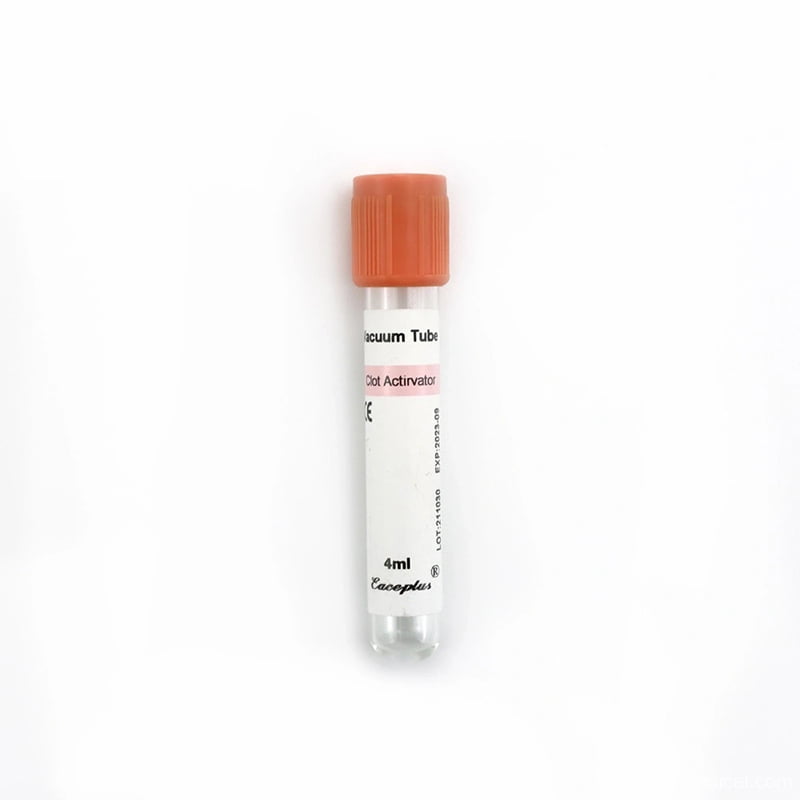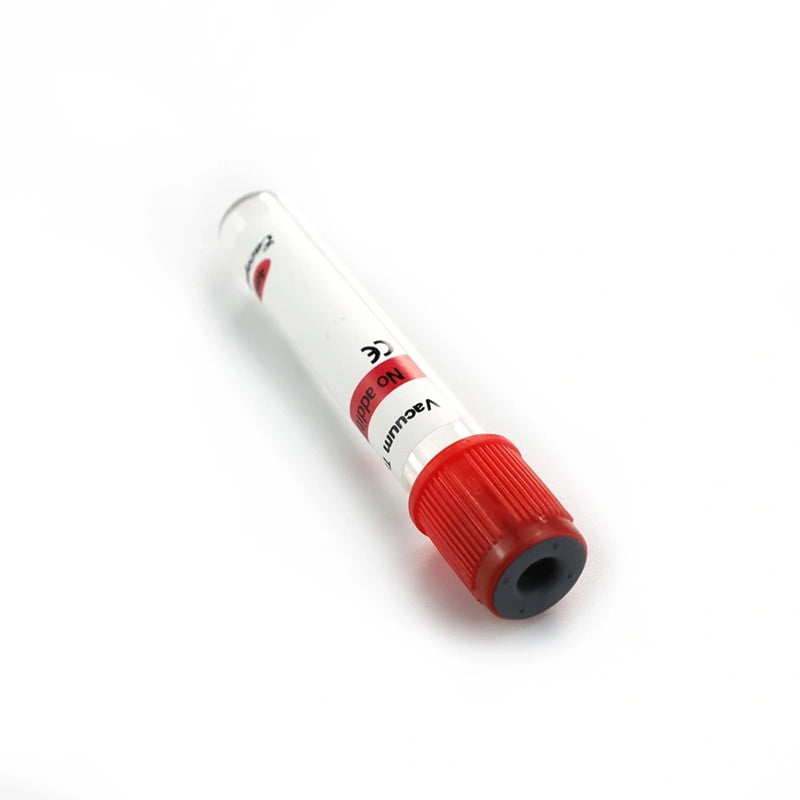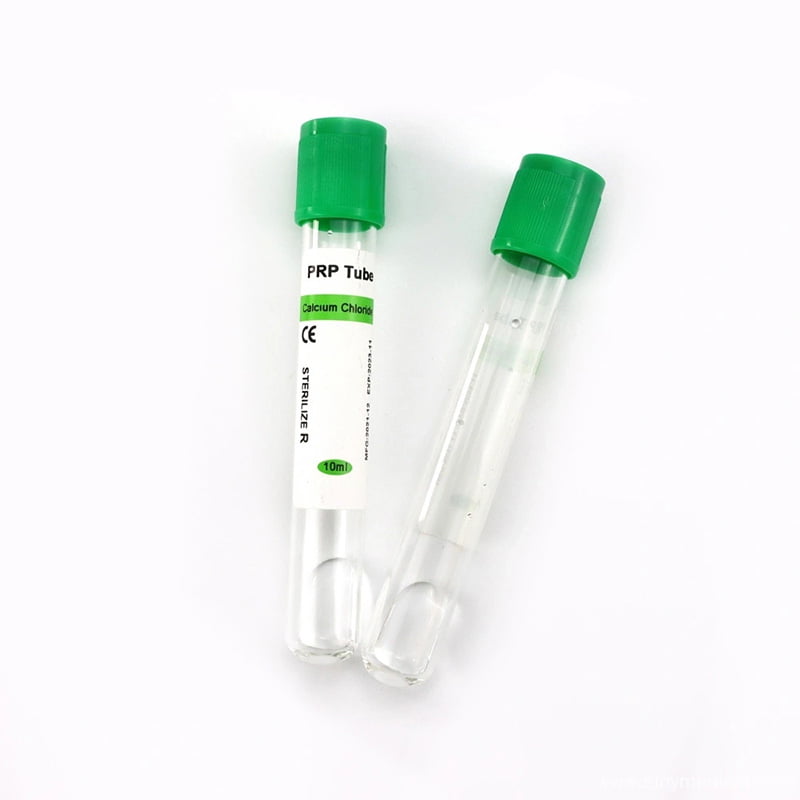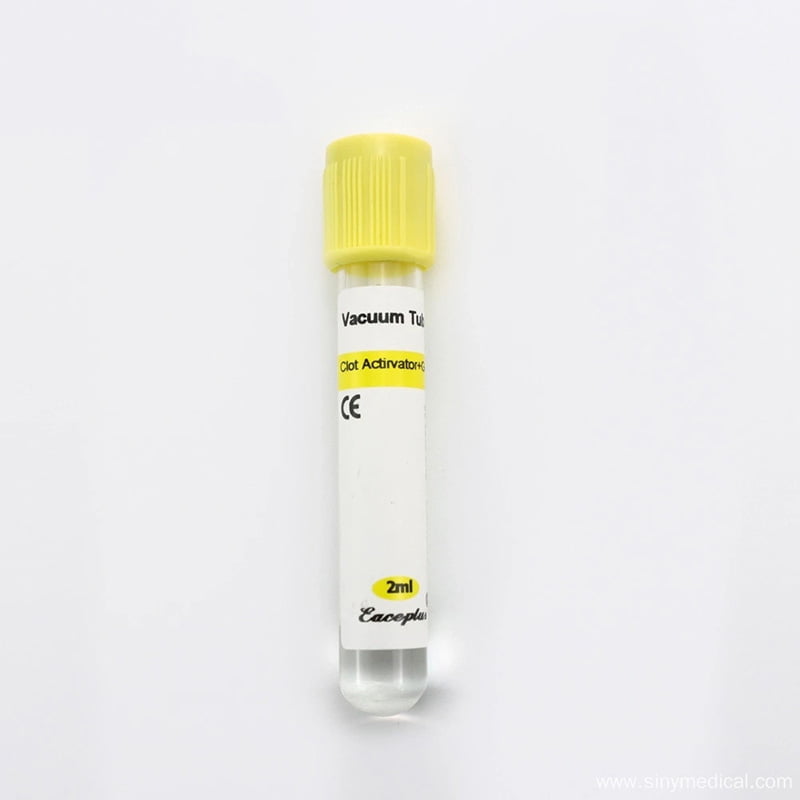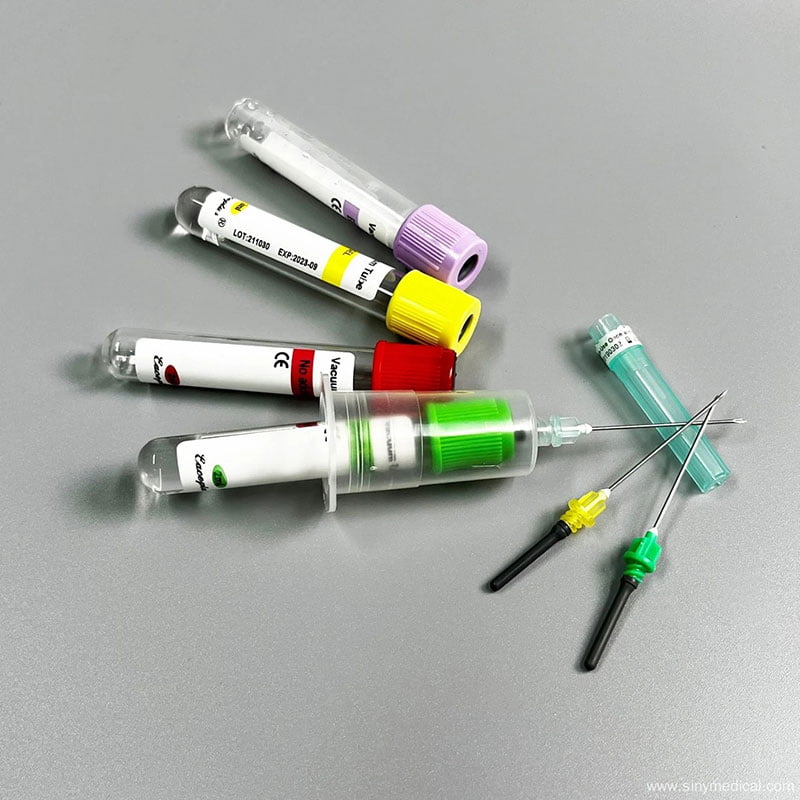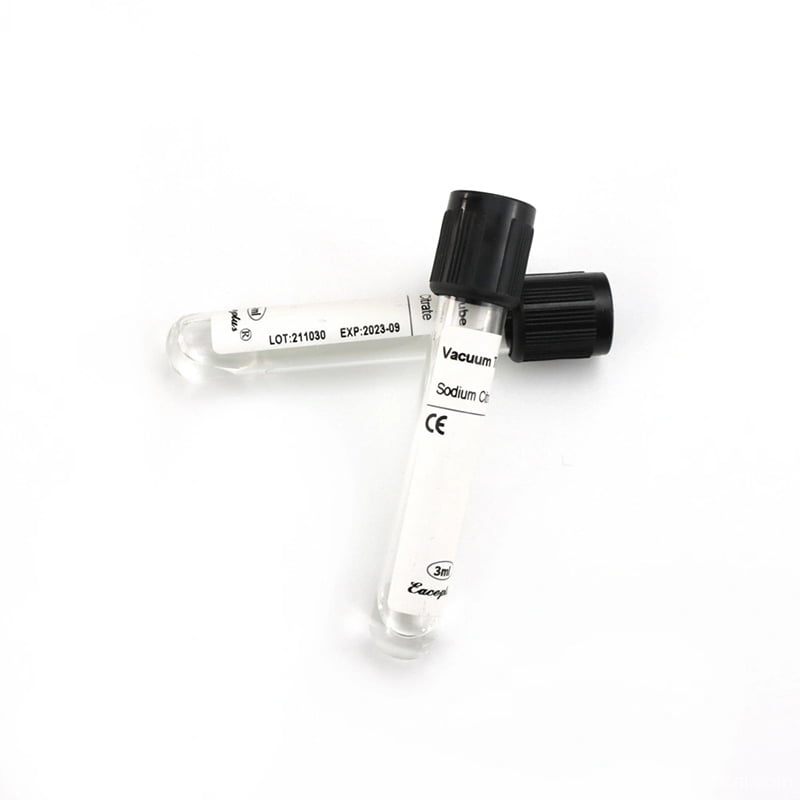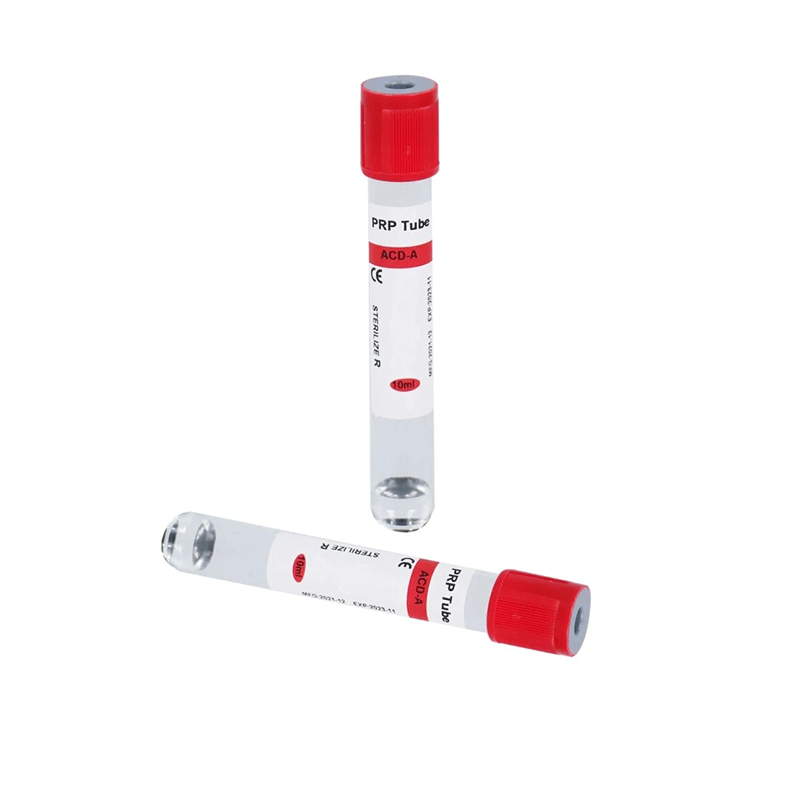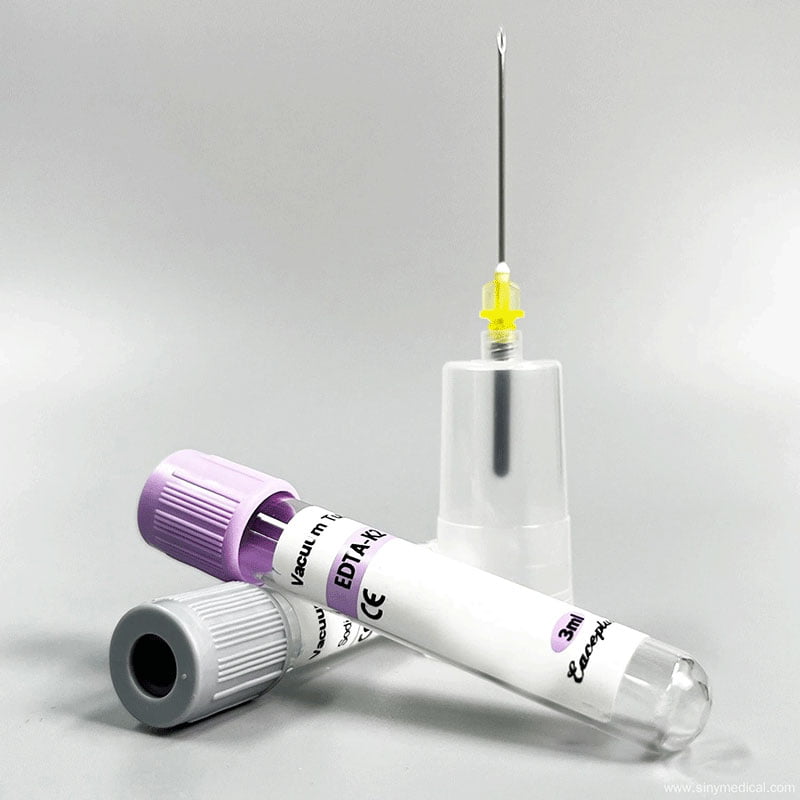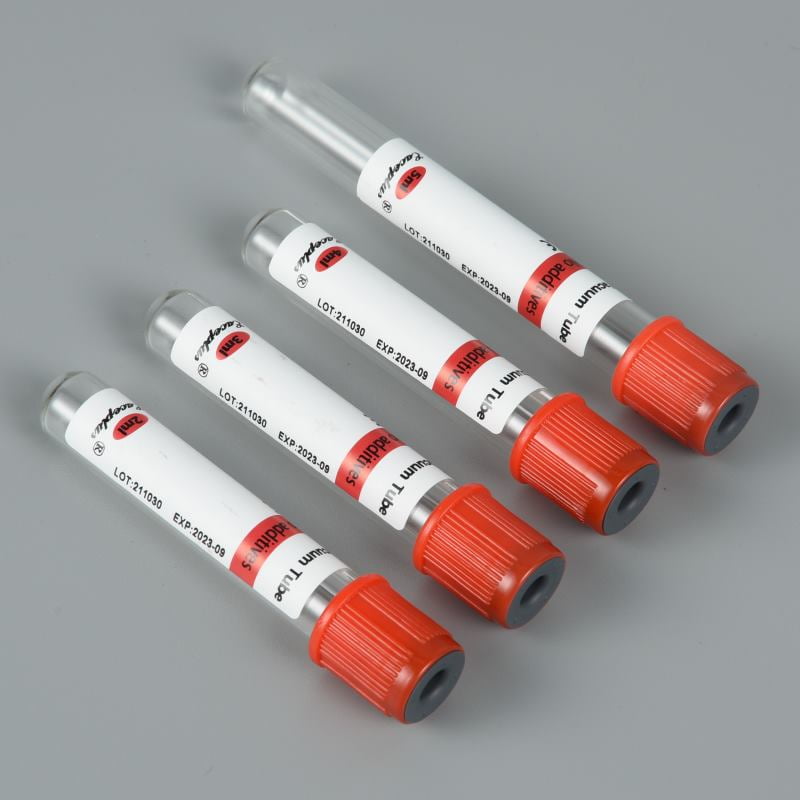Blood lancets are an essential tool for individuals who need to monitor their blood glucose levels, such as diabetics, or for medical professionals conducting blood tests. But when it comes to choosing between disposable blood lancets and reusable blood lancets, many people find themselves uncertain. Which one is more convenient, cost-effective, or safer?
The blood lancet is a device that pierces the skin with a puncture device enclosed in a plastic needle to obtain a blood sample. The blood glucose meter checks the sample to ensure the person’s blood glucose level is within a safe range or provides the information necessary to reach that level.
Table of Contents
What Are Blood Lancets?
Blood lancets are small, sharp medical devices used to prick the skin and obtain a small blood sample for testing. They are primarily used by diabetics for blood glucose monitoring but also play a vital role in other medical applications such as cholesterol tests and hemoglobin checks.
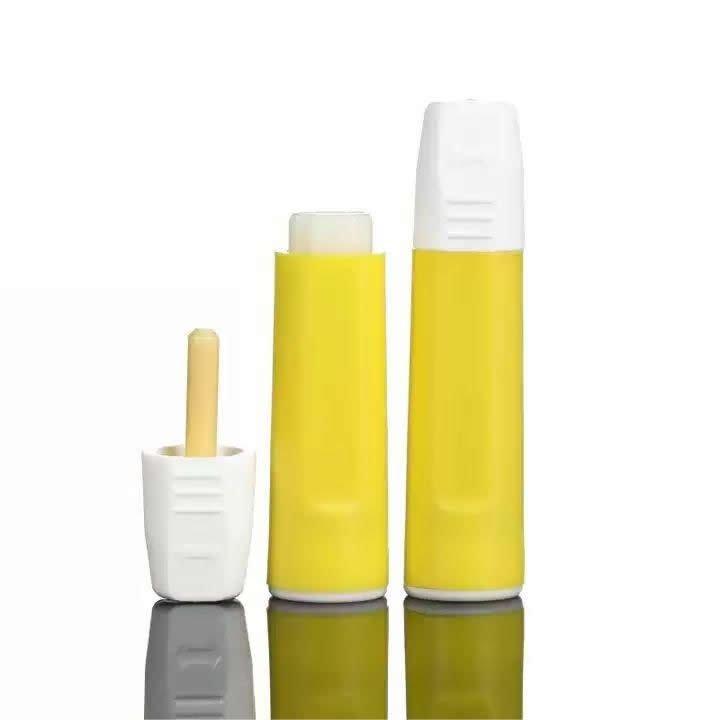
Lancets come in different sizes (gauges) and designs, with the most common types being:
- Disposable Blood Lancets – Designed for single use to prevent contamination and infection.
- Reusable Blood Lancets – Designed for multiple uses but require proper cleaning and sterilization.
Each type has its own set of benefits and drawbacks, which we’ll explore in detail.
What sizes of Blood lancets are available?
There are various gauges of blood lancets, which measure the diameter of the lancet needle. There are different sizes of lancets for different purposes. Choosing the right lancet size can help ensure optimal blood flow and minimize discomfort. Lancets come in five sizes: 21G–30 G. A thinner lancet size, such as 30G, is ideal for people with sensitive skin, including children.
| Type | Size | Puncture Depth | Length(mm) |
| Safety Blood Lancet | 21G | 2.8mm | Pink |
| 23G | 1.8mm | Green | |
| 26G | 1.8mm | Yellow | |
| 28G | 1.8mm | Purple | |
| 30G | 1.8mm | Gray |
Disposable Blood Lancets: Features and Benefits
Disposable blood lancets are designed for single-use and are commonly found in hospitals, clinics, and for personal diabetes care. They are pre-sterilized and ensure hygiene by reducing the risk of cross-contamination.
Advantages of Disposable Blood Lancets
Hygienic and Safe – Since they are used once and then discarded, there is no risk of infection or contamination.
Convenient – No need for cleaning or maintenance; simply use and dispose of.
Variety of Sizes – Available in multiple gauges, allowing users to select the right lancet for their skin type and comfort level. For example:
- 21G Disposable Safety Blood Lancet – Ideal for those who require a deeper penetration.
- 23G Lancet Needle – Suitable for standard blood collection.
- 26G Safety Blood Lancet – Great for blood sugar monitoring.
- 28G Disposable Lancet – Offers minimal pain and discomfort.
No Need for Additional Equipment – Unlike reusable lancets, disposable ones do not require separate sterilization tools or lancet devices.
Disadvantages of Disposable Blood Lancets
Higher Long-Term Cost – Since you need to buy new lancets regularly, the cost adds up over time.
More Waste Generation – Contributes to medical waste, which may not be environmentally friendly.
Reusable Blood Lancets: Features and Benefits
Reusable blood lancets are designed to be used multiple times, provided they are properly cleaned and sterilized after each use. They are often paired with a lancing device that holds the lancet and controls the depth of penetration.
Advantages of Reusable Blood Lancets
Cost-Effective – Since they can be used multiple times, they reduce the need for frequent replacements, making them cheaper in the long run.
Eco-Friendly – Produces less waste compared to disposable blood lancets.
Customizable Comfort – Often paired with an adjustable lancing device, allowing users to control the penetration depth for a more comfortable experience.
Disadvantages of Reusable Blood Lancets
Requires Proper Sterilization – Must be thoroughly cleaned after each use to prevent infection.
Higher Risk of Cross-Contamination – If not properly sterilized, reusable lancets can spread bacteria and infections.
Less Convenient – Cleaning and maintaining a reusable lancet takes extra time and effort.
Comparing Disposable and Reusable Blood Lancets
To help you decide, here’s a side-by-side comparison:
| Feature | Disposable Blood Lancets | Reusable Blood Lancets |
|---|---|---|
| Cost | Higher over time | Lower long-term cost |
| Hygiene & Safety | Excellent (single-use) | Requires proper cleaning |
| Convenience | Use and discard | Needs sterilization |
| Environmental Impact | More waste produced | Less waste, reusable |
| Pain & Comfort | Available in multiple gauges | Adjustable depth via lancing device |
Which One Should You Choose?
The decision between disposable and reusable blood lancets depends on your personal preferences, lifestyle, and medical needs.
Choose Disposable Lancets If:
- You prioritize hygiene and convenience.
- You don’t want to worry about sterilization.
- You’re looking for a variety of gauge sizes for pain-free testing.
Choose Reusable Lancets If:
- You’re looking for a cost-effective, long-term solution.
- You don’t mind the extra effort of cleaning and sterilization.
- You prefer an eco-friendly option.
Regardless of your choice, always ensure that you’re using a high-quality blood lancet from Siny Medical for accurate and pain-free testing.
Final Thoughts
Both disposable and reusable blood lancets have their unique advantages and drawbacks. If you prioritize hygiene and convenience, disposable blood lancets are the way to go. However, if you’re looking for a cost-effective, eco-friendly option, reusable blood lancets might be better.
For high-quality blood lancets, check out Siny Medical, a trusted provider of medical equipment. Want to learn more? Visit the Siny Medical Blog for more expert insights.
FAQs
1. Are reusable blood lancets safe to use?
Yes, but they require proper sterilization after each use to prevent infection.
2. How often should I change a reusable lancet?
Even though they’re reusable, lancets should be changed after a few uses to maintain sharpness and hygiene.
3. Which blood lancet gauge is the least painful?
Thinner gauges like 28G and 30G cause less discomfort. Check out 30G Disposable Blood Lancet for a pain-free experience.
4. Where can I buy high-quality blood lancets?
You can find top-quality disposable and reusable blood lancets at Siny Medical.

